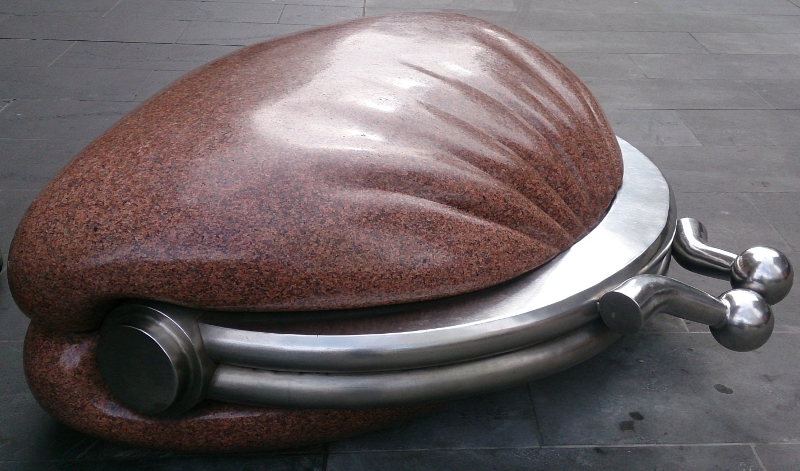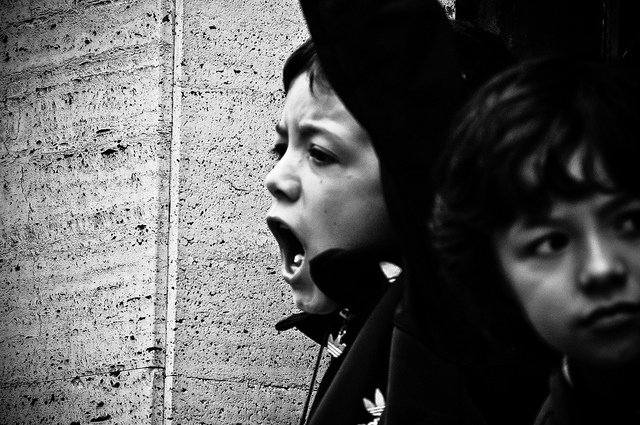As a teacher, I would feel less anxious about schools reopening next week [edit: in September] if the Public Health Office expressed confidence in a return to in-school instruction after they had conducted random checks of a sample of schools in a range of socio-economic areas to see first-hand the facilities that public schools in British Columbia actually have.
Restaurants are regularly inspected to ensure that meal preparation is hygienic and safe; all businesses frequented by the public know that their facilities have to be in safety compliance or their reputation will suffer and they will lose clients. Public schools in B.C. seem to exist in a different category when it comes to health and safety.
It’s only recently that there has been progress toward seismic safety but ongoing problems with mice infestation and the lack of drinkable water in many schools seems to be an inconvenient truth that we should all just learn to live with.
For almost two decades under the BC Liberals, there was little money for failing and inadequate infrastructure. It’s understandable that the current BC NDP government cannot reverse the damage of decades of neglect within a short time.
That neglect was at best tolerable during the Before times. But then Covid-19 came along and shed blinding sunlight into the darkest of health and safety corners within the public education system in B.C.

Like many people in B.C. I’ve been riveted to regular Covid-19 updates by Dr. Henry. I admire her calm demeanor and steadfast handling of an unprecedented crisis. I have been especially impressed by the way she responds when concerns are raised about the number of people lining up to board a ferry or the number of people enjoying the sun at a local beach.
She refuses to fan any frustration that some may feel at the apparent violation of her orders. Instead she expresses confidence, backed by data, that people are in fact following her orders.
Dr. Henry is reasonable and expects people to be as well. She has instructed the Ministry of Education to ensure that schools are safe for students’ return. I’m sure she expects that the Ministry of Education will be reasonable in its execution of her orders.
The problem is that teachers have vivid memories of the Ministry of Education being anything but reasonable. Whether it was when they demanded concessions to our collective agreement in recent bargaining or when they ignored pleas for more funding for students with special needs, being unreasonable has been the Ministry’s default setting for quite a while.
For years teachers have said that it’s not reasonable to expect students to learn in hot and stuffy portable classrooms; that it’s not reasonable to expect teachers to spend their own money on supplies for their classrooms.
And teachers know that it’s not reasonable for the Ministry of Education to expect that after decades of cuts to budgets that there will be enough money in each school district to ensure that all Dr. Henry’s protocols are followed.
Covid-19’s presence has led to the opening of the government’s purse in ways unseen since the Great Depression with many programs available to support various sectors of society during this challenging time.
So where’s the money for schools?
In fulfilling Dr. Henry’s orders, how does one ensure thorough hand hygiene when taps have to be held down to get a 4-second spurt of cold water?

How will overworked, skeletal custodial staff manage with the much longer list of cleaning tasks when they barely had enough time for cleaning classrooms during the Before times?
In BC we can expect that any hospital in the province has standardized facilities to protect the health of patients and staff. No such standardization exists in BC schools.
Whereas one school may have a mice infestation and warnings posted at drinking fountains not to drink the water, another school may have ergonomically designed classrooms with beautiful bathrooms in wide hallways, lots of natural light everywhere, and easy access to outdoor classrooms.
Teachers all across the province know that, in some schools, it will be easy to follow all the guidelines for a safe return to school but in too many schools it will not be.
When all schools have lead-free drinkable water, when all school washrooms have taps that don’t have to be held down in order to work, when all schools have fully-functioning ventilation systems, then we can be confident in there being reduced opportunities for viruses to spread when we return to schools.
That would take money though. And the education budget, as a percentage of our GDP, has been kept low by both major political parties when they’re in power.
In the Before times, the impacts of regular reductions to education budgets have been borne by students who have fallen through the cracks in the system.
In this time of a pandemic, the impacts of neglected infrastructure could spread well beyond classroom walls.
And that is not reasonable at all.










